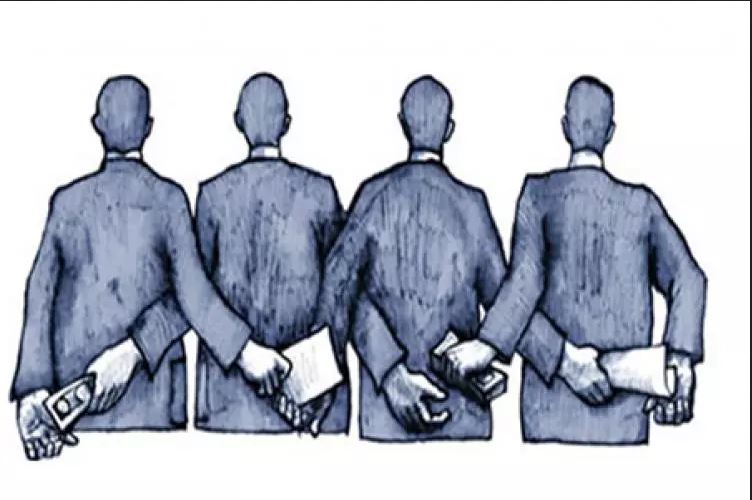M A Matin
Bangladesh, despite decades of independence, continues to grapple with a crisis far deeper than mere economic or infrastructural challenges. The country’s political landscape has created a fertile ground for systemic corruption and brazen criminality, largely shielded by the cover of partisan politics. The result is an alarming erosion of law, public trust, and democratic accountability, threatening the very fabric of the nation.
Political Cover as a Shield for Criminals
One of the gravest issues facing Bangladesh today is the use of political affiliation as a shield against law enforcement and judicial action. Notorious criminals and extortionists openly claim protection under political patronage, often linked to mainstream parties such as the BNP and Awami League. This has allowed organized criminal networks to expand operations with near impunity. From extortion and illegal land grabbing to violent attacks on citizens and businesses, the pattern is clear: political backing equates to immunity.
Recent incidents in Ashulia and other urban hubs starkly highlight this issue. Criminal gangs, led by individuals with well-known political ties, have executed repeated armed attacks, extortion campaigns, and arson against law-abiding citizens, undeterred by police intervention. Even after multiple police complaints and documented evidence, these perpetrators continue to operate freely, demonstrating the systemic failures of accountability.
Corruption as a Symptom and Catalyst
Political protection of criminals is only one side of the coin; corruption permeates every level of governance, further reinforcing criminality. Public offices meant to safeguard citizens’ rights have, in many cases, become tools for personal enrichment. Government contracts, land allocations, and development funds are frequently manipulated for private gain, often benefiting individuals with political influence.
This collusion between criminals and corrupt officials perpetuates a vicious cycle. Citizens who report crimes face intimidation, while honest law enforcement officers are sidelined or pressured into complicity. The resulting climate fosters an ecosystem where crime is not only profitable but almost unavoidable, undermining public confidence in the rule of law.
Impact on Society and Economy
The consequences of political cover for criminality extend far beyond individual incidents. Businesses are forced to pay “protection fees,” investors fear lawlessness, and social services suffer from the diversion of resources. Communities are terrorized, and urban and rural areas alike become susceptible to violence and extortion.
Moreover, youth and students are increasingly disillusioned, witnessing a society where power and connections matter more than merit, law, or justice. Such conditions erode social cohesion and breed cynicism, making societal progress and democratic reform increasingly difficult.
A Call for Accountability and Reform
The solution lies not merely in rhetoric but in decisive action. Political parties must cease offering immunity to criminals and actively collaborate with law enforcement to uphold justice. Police and judicial systems must operate independently, free from political interference, ensuring that crimes, regardless of the perpetrator’s political connections, are prosecuted.
Civil society, media, and citizens also have a critical role. Investigative journalism, public advocacy, and mass mobilization can shine a light on abuses and create pressure for reform. Meanwhile, government oversight mechanisms must be strengthened to ensure transparency in public offices, contracts, and enforcement agencies.
Conclusion
Bangladesh stands at a crossroads. Without urgent intervention to break the nexus between politics, corruption, and criminality, the country risks further destabilization and erosion of civic trust. Law-abiding citizens deserve protection; businesses deserve security; and the nation deserves governance that prioritizes justice over political expediency.
Escalating criminality under political cover is not just a law enforcement issue—it is a national crisis that demands collective accountability, immediate reform, and the courage to confront entrenched power structures. Only through decisive action can Bangladesh hope to reclaim the rule of law, restore public trust, and ensure a safe, prosperous future for its people.
The writer is a political analyst


